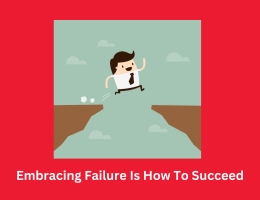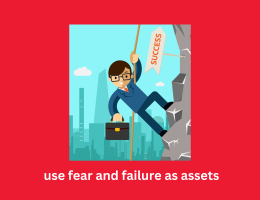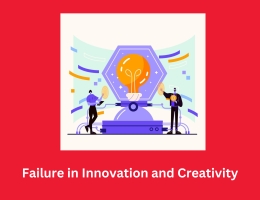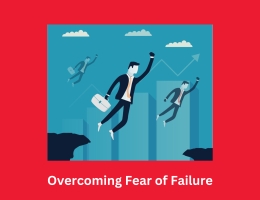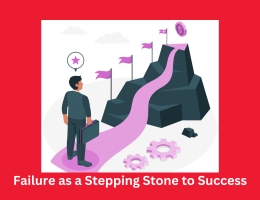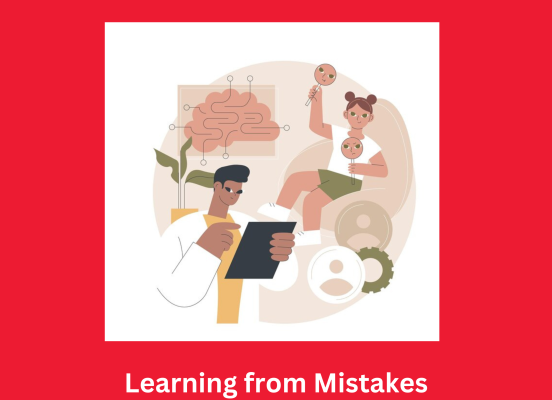
Learning from Mistakes: Building Resilience and Adaptability
- By admin --
- Sunday, 17 Mar, 2024
Introduction:
Mistakes are an inevitable aspect of the human experience, but it is not the mistakes themselves that define us; rather, it is how we respond to them that shapes our character and future. In this essay, we will explore the profound significance of learning from mistakes in building resilience and adaptability. By understanding the valuable lessons mistakes offer and embracing them as opportunities for growth, individuals can cultivate the resilience and adaptability necessary to navigate life's challenges with grace and fortitude.
The Nature of Mistakes:
Mistakes, whether big or small, are a natural part of the learning process. They occur when our actions or decisions do not align with our intentions or desired outcomes. While mistakes are often accompanied by feelings of frustration, disappointment, or embarrassment, they also present invaluable opportunities for self-reflection and improvement.
Learning from Mistakes:
Central to building resilience and adaptability is the ability to learn from mistakes. When we take the time to reflect on our errors and understand the underlying causes, we gain valuable insights that can inform future actions and decisions. This process of self-assessment allows us to identify patterns, weaknesses, and areas for growth, ultimately strengthening our resilience and adaptability.
Moreover, learning from mistakes fosters a growth mindset the belief that intelligence and abilities can be developed through dedication and effort. Individuals with a growth mindset view mistakes not as evidence of failure but as opportunities for learning and growth. By embracing this mindset, they are more likely to persevere in the face of adversity, viewing challenges as opportunities for self-improvement rather than insurmountable obstacles.
Building Resilience:
A fundamental consequence of a mistake on people's part is the ability to get up much stronger than they were before. Any time we fail or face obstacles in our journey, it becomes an occasion to exhibit resilience by picking ourselves up and pressing on ahead. It is through such instances that we create resilience muscles either for helping us carry through life more simply or make it through it with less strength.
This is because we do not mean resilience as a way of just taking whatever problems comes but also changing our way or making progress despite the situations that could be happening around us. In so doing one becomes capable navigating through difficult times successfully because he/she will have acquired more skills on how this could be done through past failures thereby avoiding some traps that one might fall into from wrong decisions due to fear of what might happen next if our plans go wrong in life.
Cultivating Adaptability:
Apart from being able to bounce back after failures, making use of errors forms an adaptable character-change in it which demands being particularly open towards various emergencies. The possibility of making corrections after one has identified what was wrong shows how there is more acceptance in thinking or acting in new ways otherwise rather than sticking on past mistakes because. This flexibility allows us to adjust our strategies to address specific circumstances, expanding our chances of success.
Additionally, flexibility encourages creativity and innovation—the ability to think creatively and unconventionally and to do not forget novel options. Once people embrace failure as a normal part of the inventive process, they are more willing to take chances and try out new ideas. In doing so, they not only expand their own horizons but also contribute to the advancement of society as a whole.
Conclusion:
In conclusion, we need to learn from our errors in order to become robust and adaptive. People should see failure as something that happens organically during the learning process and take lessons from it.
This will enable individuals to deal with challenging situations more comfortably by acquiring some important skills which will help them recover quickly from adversity. In the long run, mistakes help us develop into stronger individuals who meet challenges with poise.

